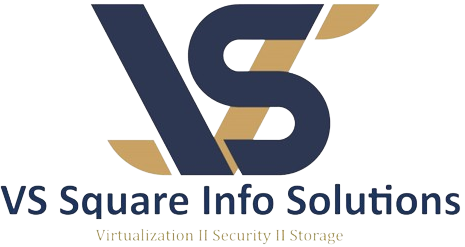Multi Factor Authentication
Multi-Factor Authentication (MFA), also known as Two-Factor Authentication (2FA), is a security mechanism used to verify the identity of a user by requiring them to provide two or more separate authentication factors before granting access to a system or account. This additional layer of security helps protect against unauthorized access, data breaches, and identity theft.

Multi Factor Authentication
Enterprises are moving away from passwords to secure online access to applications. Our solution emAS helps you adopt any of the 15 authentication modes to improve your application security and compliance with global standards.
Access Management
Our products can be extended to allow Single Sign On with centralised access management capabilities. If you have a large application stack that cuts across cloud and on-prem, our IAM solution can help reduce the complexity around user access and authentication through a centralized low cost access management solution.


Data Privacy
Encryption is at the core of what we do, so our consultants and solution architects can help you design privacy preserving data architecture and storage for encrypting personal data at rest and in transit.
Something You Know: This factor involves information that only the user should know, such as a password, PIN, or a specific piece of knowledge like the answer to a security question.
Something You Have: This factor requires the user to possess a physical item, typically a mobile device or a hardware token. Examples include receiving a one-time code on your smartphone through an app or SMS, using a smart card, or inserting a physical token into a computer.
Something You Are: This factor is based on biometric characteristics unique to the individual, such as fingerprint, iris or retina scans, facial recognition, or voice recognition.
MFA enhances security by making it significantly more difficult for attackers to gain unauthorized access, even if they manage to obtain one of the authentication factors. For example, even if someone steals your password (something you know), they would still need access to your smartphone (something you have) or a biometric feature (something you are) to complete the authentication process.
Some key benefits of MFA include:
Improved Security: MFA adds an extra layer of security beyond just a username and password, reducing the risk of unauthorized access due to stolen or weak passwords.
